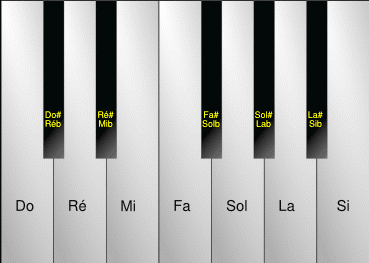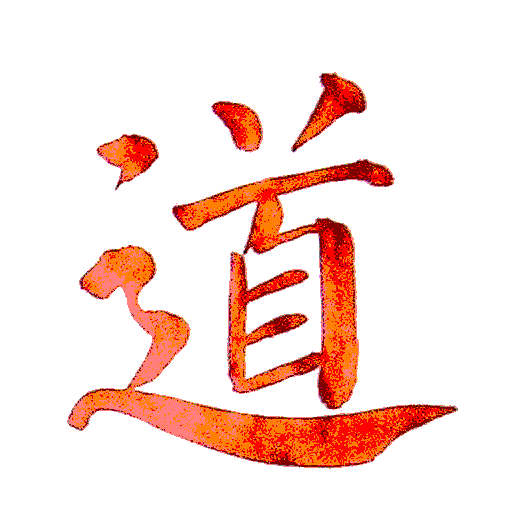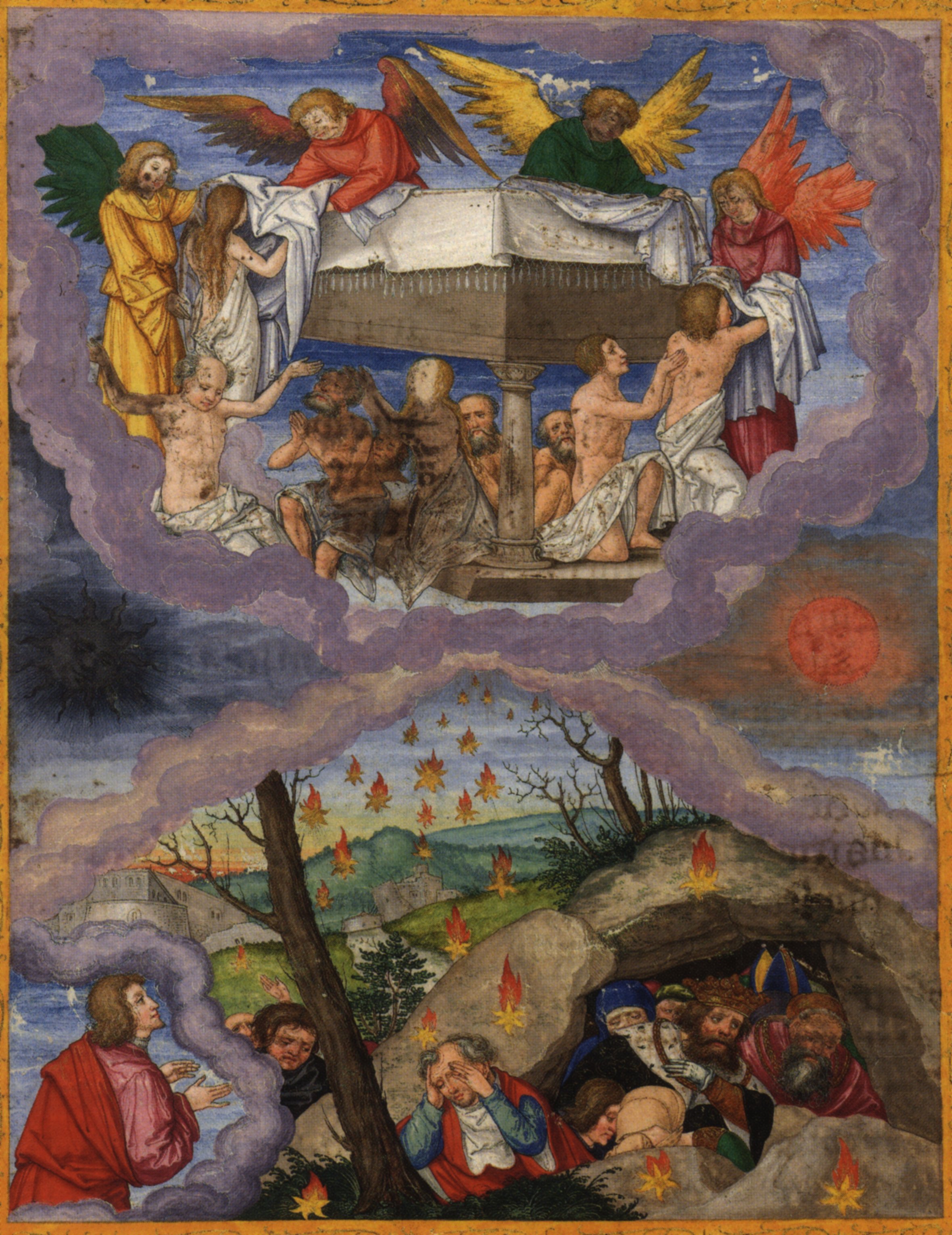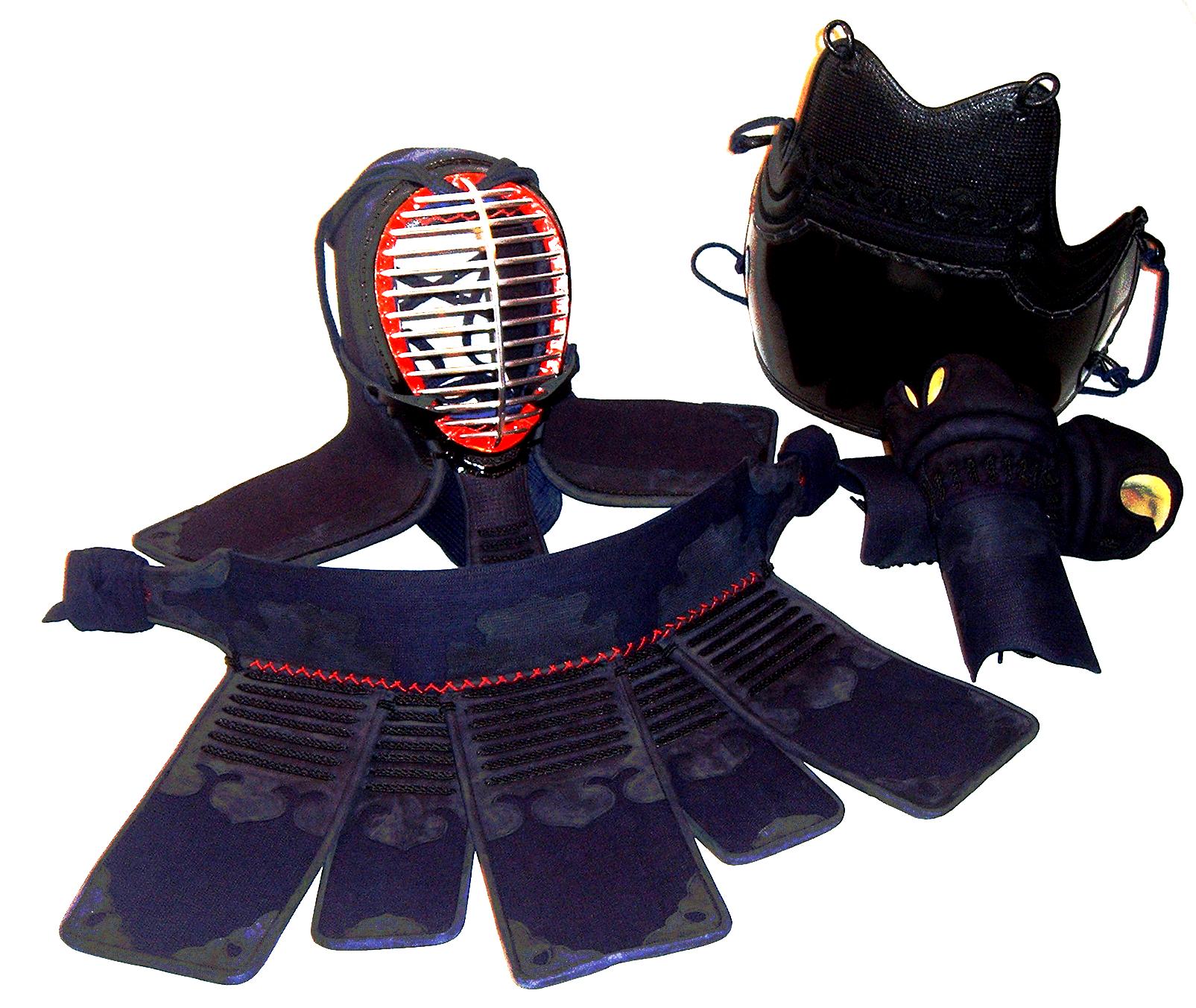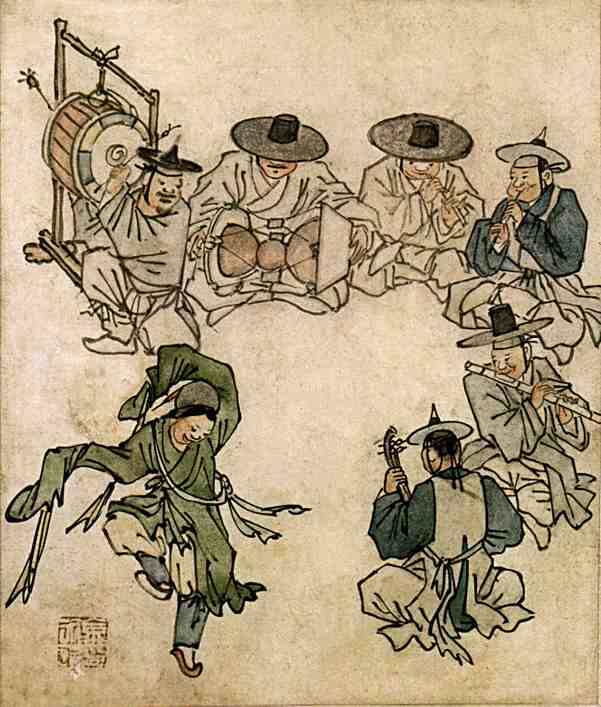|
Dominican Republic
The Dominican Republic is a country located on the island of Hispaniola in the Greater Antilles of the Caribbean Sea in the Atlantic Ocean, North Atlantic Ocean. It shares a Maritime boundary, maritime border with Puerto Rico to the east and a Dominican Republic–Haiti border, land border with Haiti to the west, occupying the Geography of the Dominican Republic, eastern five-eighths of Hispaniola which, along with Saint Martin (island), Saint Martin, is one of only two islands in the Caribbean shared by two sovereign states. In the Antilles, the country is the List of Caribbean islands by area, second-largest nation by area after Cuba at and List of Caribbean countries by population, second-largest by population after Haiti with approximately 11.4 million people in 2024, of whom 3.6 million reside in the Greater Santo Domingo, metropolitan area of Santo Domingo, the capital city. The native Taíno people had inhabited Hispaniola prior to European colonization of the America ... [...More Info...] [...Related Items...] OR: [Wikipedia] [Google] [Baidu] |
Solfège
In music, solfège (British English or American English , ) or solfeggio (; ), also called sol-fa, solfa, solfeo, among many names, is a mnemonic used in teaching aural skills, Pitch (music), pitch and sight-reading of Western classical music, Western music. Solfège is a form of solmization, though the two terms are sometimes used interchangeably. Syllables are assigned to the notes of the Scale (music), scale and assist the musician in Gordon music learning theory#Audiation, audiating, or mentally hearing, the pitches of a piece of music, often for the purpose of singing them aloud. Through the Renaissance music, Renaissance (and much later in some shapenote publications) various interlocking four-, five- and six-note systems were employed to cover the octave. The tonic sol-fa method popularized the seven syllables commonly used in English-speaking countries: ''do'' (spelled ''doh'' in tonic sol-fa),''Oxford English Dictionary'' 2nd Ed. (1998) ''re'', ''mi'', ''fa'', ''so(l)'' ... [...More Info...] [...Related Items...] OR: [Wikipedia] [Google] [Baidu] |
Do-support
''Do''-support (sometimes referred to as ''do''-insertion or Periphrasis, periphrastic ''do'') in English grammar is the use of the auxiliary verb ''do'' (or one of its inflected forms, e.g. does) to form Negation (linguistics), negated clauses and constructions which require subject–auxiliary inversion, such as questions. The verb ''do'' can be used ''optionally'' as an auxiliary even in simple declarative sentences, usually as a means of adding emphasis (e.g. "I ''did'' shut the fridge."). However, in negated and inverted clauses, ''do'' is usually used in today's Modern English. For example, in idiom (language structure), idiomatic English, the negating word ''not'' cannot attach directly to just any finite verb, finite lexical verb; rather, it can only attach to an auxiliary or copular verb. For example, the sentence ''I am not'' with the copula ''be'' is fully idiomatic, but ''I know not'' with the finite lexical verb ''know'', while grammatical, is archaism, archaic. If the ... [...More Info...] [...Related Items...] OR: [Wikipedia] [Google] [Baidu] |
Do (administrative Division)
Korea has had administrative districts that can be considered provinces since the 7th century. These divisions were initially called ''ju'' () in Unified Silla and Later Baekje, and there were nine in total. After Goryeo conquered these states in the 10th century, twelve divisions called ''mok'' () were established, although they were reorganized into ten ''do'' () in the 11th century. After Joseon's conquest of Goryeo, it established the Eight Provinces in 1413. These provincial boundaries closely reflected major regional and dialect boundaries, and are still significant in contemporary Korea. In 1895, as part of the Gabo Reform, the country was redivided into 23 districts (''Bu;'' 부; ), which were replaced a year later by thirteen new provinces. The thirteen provinces of 1896 included three of the original eight provinces, with the five remaining original provinces divided into north and south halves (''Bukdo'' (북도; ) and ''Namdo'' (남도; ) respectively). The thirteen ... [...More Info...] [...Related Items...] OR: [Wikipedia] [Google] [Baidu] |
Dansgaard–Oeschger Event
A Dansgaard–Oeschger event (often abbreviated D–O event), is a rapid climate fluctuation; such events occurred 25 times during the last glacial period. Some scientists say that the events occur quasi-periodically with a recurrence time being a multiple of 1,470 years, but this is debated. The comparable climate cyclicity during the Holocene is referred to as Bond events. ''Dansgaard–Oeschger'' refers to palaeoclimatologists Willi Dansgaard and Hans Oeschger. Evidence The best evidence for Dansgaard–Oeschger events remains in the Greenland ice cores, which only go back to the end of the last interglacial, the Eemian interglacial (about 115,000 years ago). Ice core evidence from Antarctic cores suggests that the Dansgaard–Oeschger events are related to the so-called Antarctic Isotope Maxima by means of a coupling of the climate of the two hemispheres, the Polar see-saw. If this relationship holds also for the previous glacials, Antarctic data suggest that D-O events ... [...More Info...] [...Related Items...] OR: [Wikipedia] [Google] [Baidu] |
Dō (philosophy)
The Tao or Dao is the natural way of the universe, primarily as conceived in East Asian philosophy and East Asian religions, religion. This seeing of life cannot be grasped as a concept. Rather, it is seen through actual living experience of one's everyday being. The concept is represented by the Chinese character , which has meanings including 'way', 'path', 'road', and sometimes 'doctrine' or 'principle'. In the ''Tao Te Ching'', the ancient philosopher Laozi explains that the Tao is not a name for a thing, but the underlying natural order of the universe whose ultimate essence is difficult to circumscribe because it is non-conceptual yet evident in one's being of aliveness. The Tao is "eternally nameless" and should be distinguished from the countless named things that are considered to be its manifestations, the reality of life before its descriptions of it. Description and uses of the concept The word "Tao" has a variety of meanings in both the ancient and modern Chin ... [...More Info...] [...Related Items...] OR: [Wikipedia] [Google] [Baidu] |
Marshall Applewhite
Marshall Herff Applewhite Jr. (May 17, 1931 – March 26, 1997), also known as Do, among other names, was an American religious leader who founded and led the Heaven's Gate new religious movement (often described as a cult), and organized their mass suicide in 1997. The suicide is the largest mass suicide to occur inside the U.S. As a young man, Applewhite attended several universities and served in the United States Army. He initially pursued a career in education until he resigned from the University of St. Thomas in Houston, Texas, in 1970, citing emotional turmoil. His father's death a year later brought on severe depression. In 1972, Applewhite developed a close friendship with Bonnie Nettles, a nurse; together, they discussed mysticism at length and concluded that they were called as divine messengers. They operated a bookstore and teaching center for a short while and then began to travel around the U.S. in 1973 to spread their views. They gained only one ... [...More Info...] [...Related Items...] OR: [Wikipedia] [Google] [Baidu] |
GNOME Do
GNOME Do (often referred to as Do) is a free and open-source application launcher for Linux originally created by David Siegel, and currently maintained by Alex Launi. Like other application launchers, it allows searching for applications and files, but it also allows specifying actions to perform on search results. GNOME Do allows for quick finding of miscellaneous artifacts of GNOME environment (applications, Evolution and Pidgin contacts, Firefox bookmarks, Rhythmbox artists and albums, and so on) and execute the basic actions on them (launch, open, email, chat, play, etc.). While it is designed primarily for the GNOME desktop, it works in other desktop environments, such as KDE. GNOME Do was inspired by Quicksilver for Mac OS X, and GNOME Launch Box. Docky Docky is a theme for GNOME Do that behaves much like the Mac OS X dock. Unlike GNOME Do's traditional interface, Docky can be set to one of three modes for hiding: * ''None'' - Docky is always visible. * ''Autohide'' ... [...More Info...] [...Related Items...] OR: [Wikipedia] [Google] [Baidu] |
Bōgu
, properly called , is training armour used primarily in the Japanese martial arts, Japanese martial art of kendo,Uchida, M. (2005)Kendo Bogu (Protective Equipment)(October 2005). Retrieved on 12 May 2010. (2002). Retrieved on 12 May 2010. with variants used for jūkendō, tankendo, and naginatajutsu, naginata. History During the Edo period (1603-1868) the use of real swords for training purposes was discouraged due to injuries, with wooden practice swords in the form of and were often used instead. To further reduce injuries, practice armour based on traditional samurai armor was developed, with this practice armour being the basis for the modern .Description and use The word consists of two parts: , meaning "protect" or "defend," and , meaning "equipment" or "tool."[...More Info...] [...Related Items...] OR: [Wikipedia] [Google] [Baidu] |
Denominación De Origen
In Spain and Latin America, the (; )In other languages of Spain: * Catalan: (). * (). * (). is part of a regulatory geographical indication system used primarily for foodstuffs such as cheeses, condiments, honey, and meats, among others. In wines, it parallels the hierarchical systems of France (1935) and Italy (1963), although Rioja (1925) and Jerez (1933) preceded the full system. In foods, it performs a similar role, regulation of quality and geographical origin of products from Spain. There are five other designated categories solely for wine and a further three specifically covering food and condiments, all recognised by the European Union (EU). In Catalonia, two further categories – labelled A and Q – cover traditional Catalan artisan food products, but were not recognised by the EU In recent decades, the concept of the has been adopted by other countries, primarily in Latin America. In 2016, the use of the (DO) for wines was registered as a European Union ... [...More Info...] [...Related Items...] OR: [Wikipedia] [Google] [Baidu] |
Buk (drum)
The ''buk'' () is a traditional Korean drum. While the term ''buk'' is a native Korean word used as a generic term meaning "drum" (the Sino-Korean word being ''go''), it is most often used to refer to a shallow barrel-shaped drum, with a round wooden body that is covered on both ends with animal skin. Buk are categorized as ''hyeokbu'' (혁부, ) which are instruments made with leather, and has been used for '' jeongak'' (Korean court music) and folk music. History The buk used for court music are usually fixed with nails on the rims, while ones used for folk music are usually tied up with leather straps to form the shape. Performers in the court music usually beat their with ''bukchae'' (북채, a drum stick) on one hand or two hands together, while drummers in the folk music commonly beat their with it on their right hand as hitting the other side of the buk with their bare left hand. A while ago, even ''jong'' (종, bell) was referred to as "''soebuk''" (쇠북, metal d ... [...More Info...] [...Related Items...] OR: [Wikipedia] [Google] [Baidu] |
Do (singer)
Dominique Rijpma van Hulst (; born 7 September 1981) is a Dutch singer and actress known by her stage name Do ( ). She is best known for singing the vocals of "Heaven", DJ Sammy's worldwide top 10-hit in 2002–2003, a cover of the 1980s hit of the same name by Bryan Adams. Early life Dominique Rijpma van Hulst was born in 1981 in Valkenswaard, Netherlands. She was raised by her stepfather Willem-Jan van Hulst, a popular tennis coach. At age fourteen, she planned to compete in Wimbledon, but an injury ended her tennis career. Her first musical performance was in café Old Dutch in Valkenswaard, which led to a record label deal with Sony Music BMG. Music Early career Before she even released a single, Do was a supporting act for the tour of 5ive and Montell Jordan in the Netherlands. The first single she released was the song "Real Good". Although the music video was frequently played on the Dutch music channel TMF, it was not a hit song in the Netherlands. Later in an ... [...More Info...] [...Related Items...] OR: [Wikipedia] [Google] [Baidu] |
